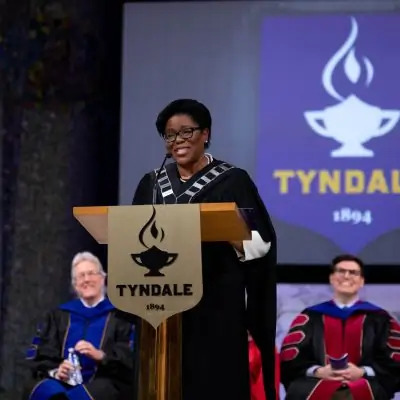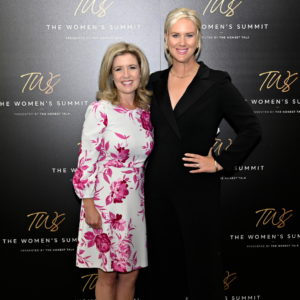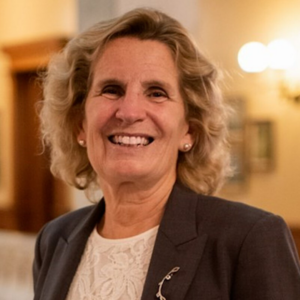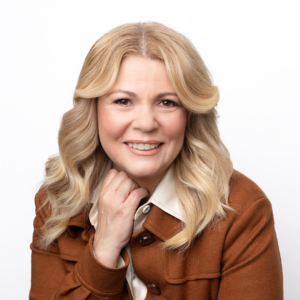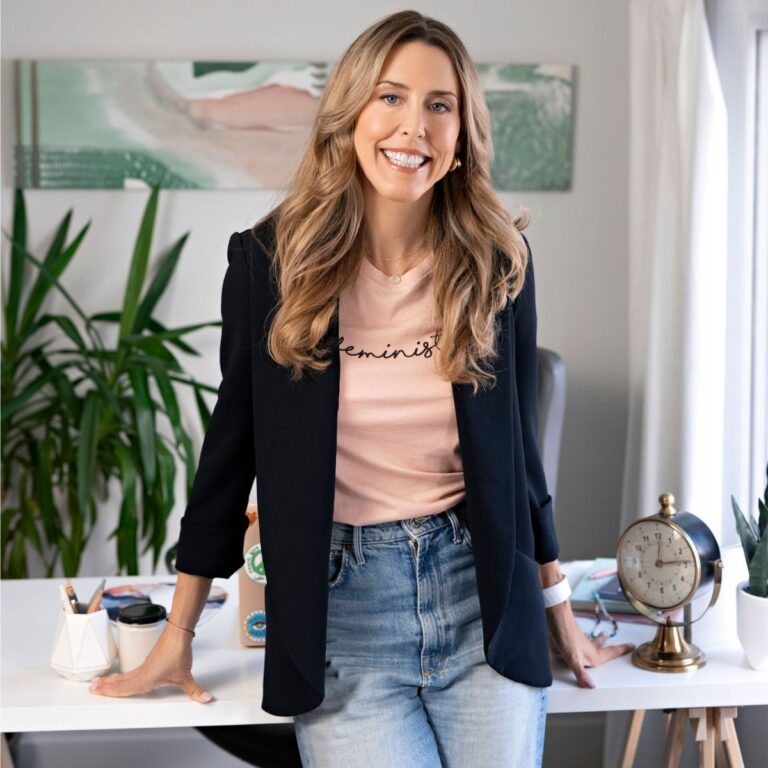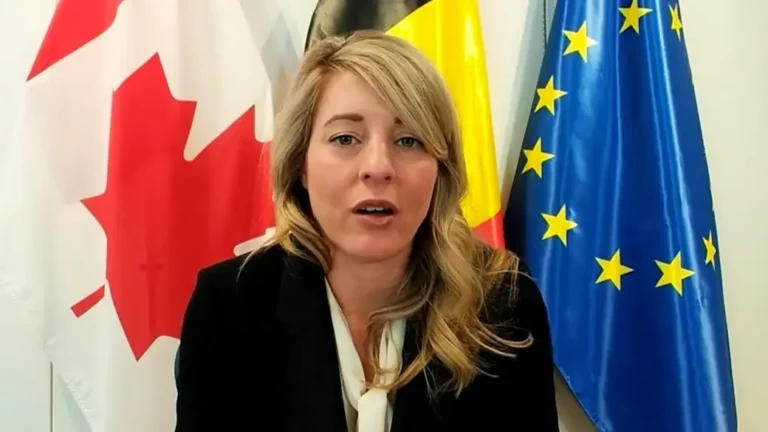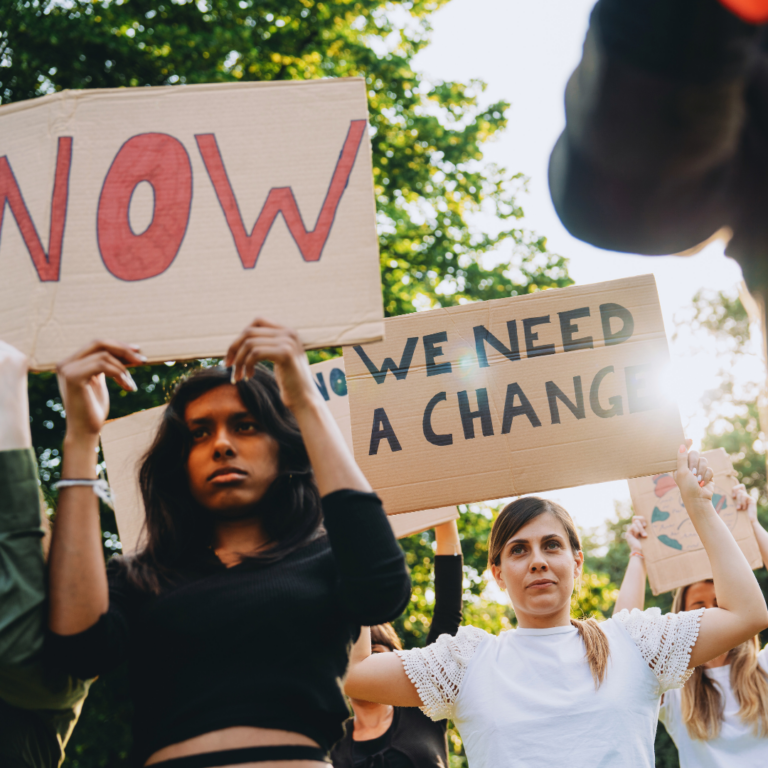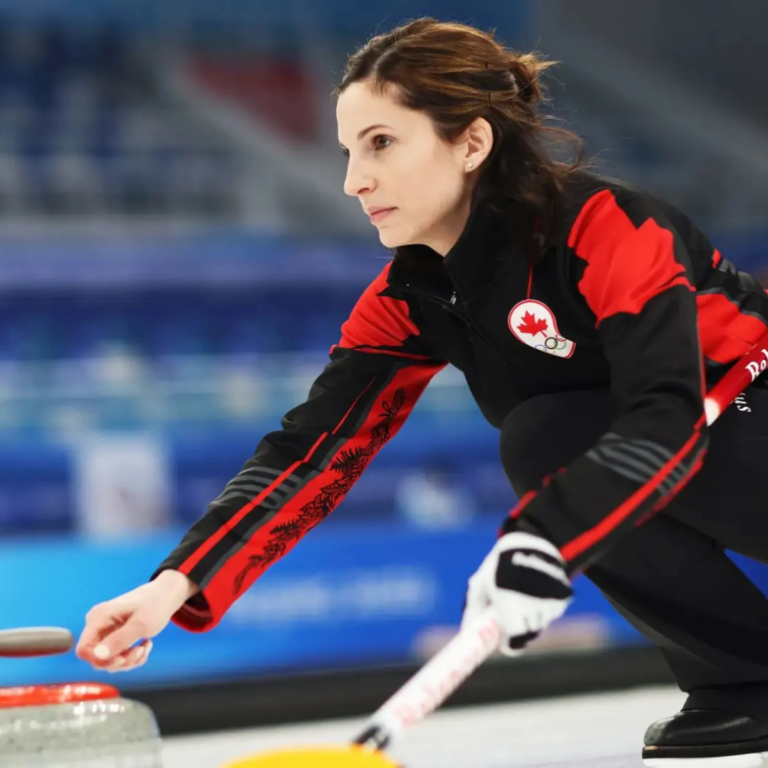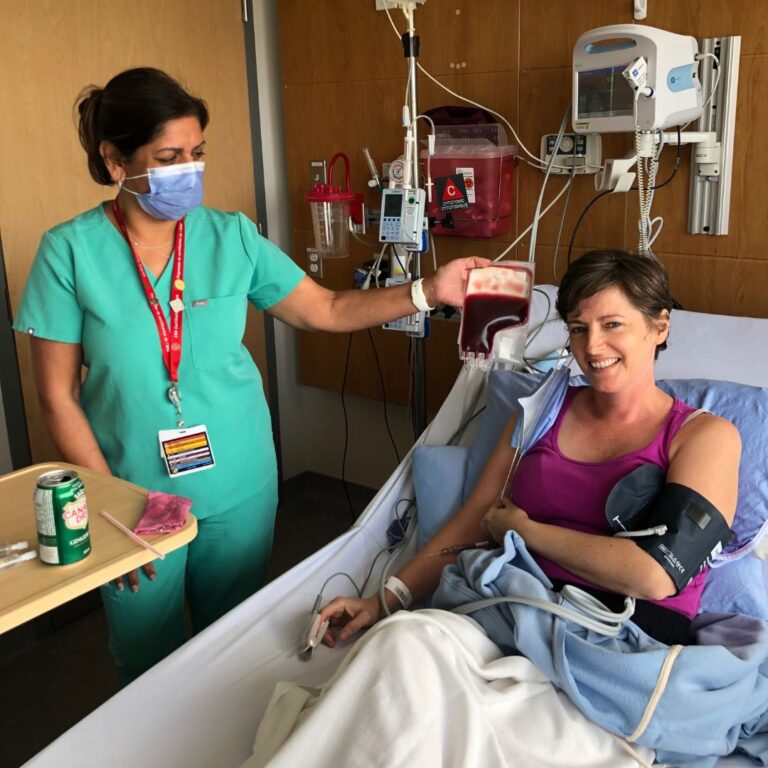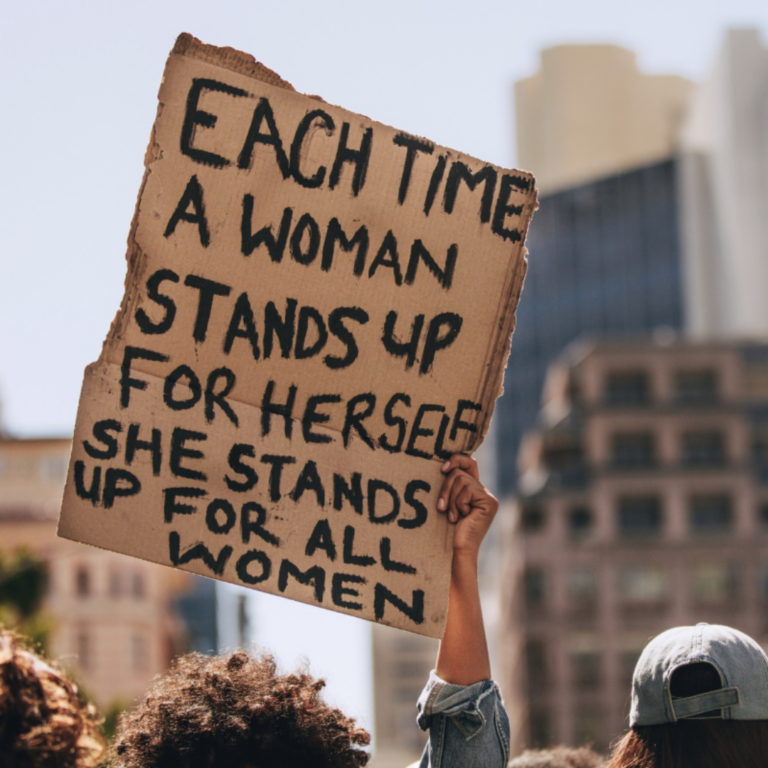Marie Henein – Criminal defence lawyer
Marie Henein has been called Canada’s most high-profile criminal defence lawyer, acting as counsel on high-profile cases that have captured national and international attention. She has argued at all levels of court, including the Ontario Court of Appeal and the Supreme Court of Canada. She regularly appears on lists highlighting the country’s best and most influential lawyers.
In this wide-ranging interview, Marie talks about gender stereotypes, getting more women into positions of authority, the influence of her mother, and how she deals with the weight of her remarkable career.
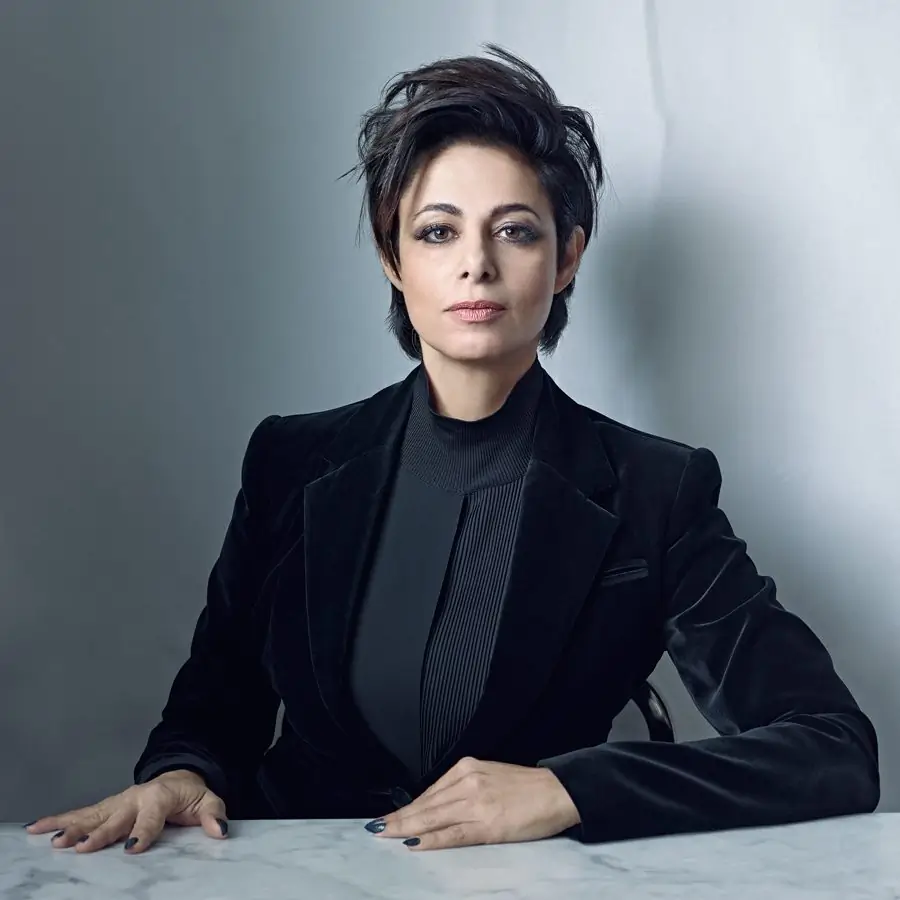
Reflecting on how to improve marginalized communities
Jennifer Stewart: We’ve just started a new year; how was 2020 for you?
Marie Henein: 2020, for me, was the same as 2020 for most people; it was a profoundly challenging year for all of us. And I think we are looking forward to 2021 being one of a little bit less anxiety than we’ve been going through for the last year.
Jennifer Stewart: What were your challenges in 2020? From an external perspective, the optics may be that you have it all together: a successful career and a ton of confidence.
Marie Henein: The first challenge was moving a law practice and understanding and learning how to litigate virtually, which we had to do overnight.
So, it was a big challenge to run a firm remotely, and maintain a sense of intimacy and collegiality, and support the people in our office. So that was challenging, and I think it required flexing some muscles and learning skills that I didn’t necessarily have before.
I’m a hyper person on a good day, so being grounded is always tricky for me. Being unable to see my parents was difficult, as it was for many people.
But for me, the difficulties were minor and quite frankly inconsequential compared to the communities, both in Canada and throughout the world, that were struck hard by this.
Marie Henein
As always, the most difficult things to bear in life are visited upon the people who have the least to deal with it. And so, racialized communities, women, and women of colour have disproportionately paid the price, both with their lives and financially. Whatever gripes we may have, they pale in comparison with the extraordinary suffering that has been going on around us in 2020.
Catherine Clark: Can we climb back from that, Marie? In terms of the suffering that has been visited on so many marginalized communities and groups? Are they able to climb back out of that hole? And how do we help?
Marie Henein: It’s always been a hole — marginalized communities have always disproportionately borne the brunt of any crisis, whether it’s financial, environmental, a health crisis. So that’s not new.
But I do hope that, having been forced to see it all and reflect on it a bit more in a focused way, we can try to think of ways to improve the lives of other people in our community and be a little bit more outward-facing instead of coming out of the pandemic saying I think I’m going to do more yoga and more self-care. Many of us have enough of that in our lives. That’s the message I’d like to come out with and think about in 2021.
I hope that, having been forced to see it all and reflect on it a bit more in a focused way, we can try to think of ways to improve the lives of other people in our community and be a little bit more outward-facing instead of coming out of the pandemic saying I think I’m going to do more yoga and more self-care. Many of us have enough of that in our lives.
Marie Henein
Defying stereotypes
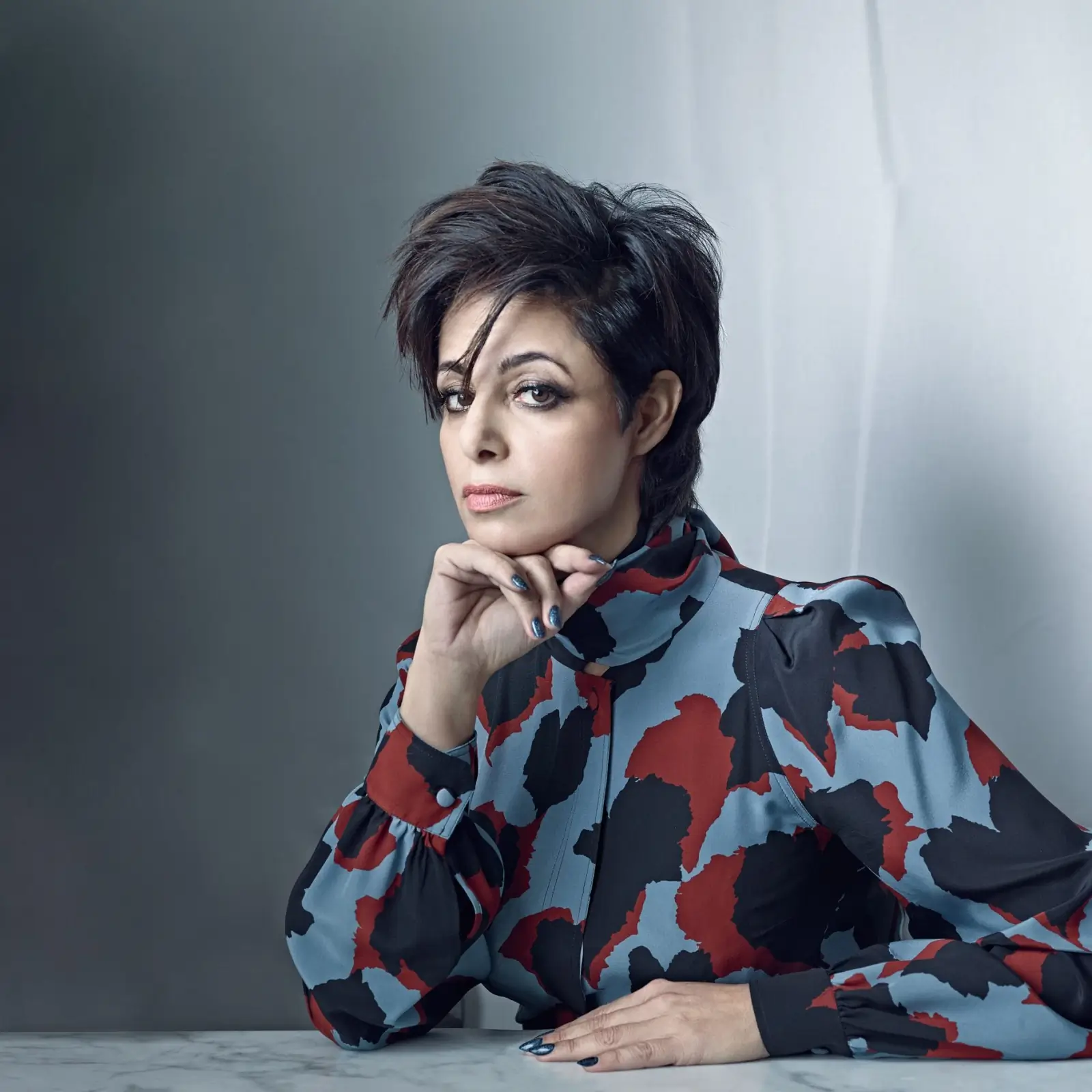
Jennifer Stewart: Take us back to what you were like as a kid.
Marie Henein: I was pretty similar. There was no massive transformation in my life in the sense of becoming a different person; I grew to be more comfortable, as many women do with their own skin and that tends to happen in the later decades of your life.
But I never believed that I needed to change myself dramatically and be something I’m not. You grow, and you learn, and you hope you become better. And you try to work on the stuff you don’t like about yourself or think could be a better contribution to people around you.
Marie Henein
But in terms of my fundamental personality, my level of toughness or aggression, that’s just always been who I am. From a very young age, I was fortunate to be surrounded by people, not the least of which was my mother, who just never wanted to adjust that and never knew that it was wrong.
I mean, occasionally, externally, male teachers would try to tell me and explain to me how I needed to tone down, but clearly I did not listen to them.
Catherine Clark: You used the word aggressive. Do you mind being called that?
Marie Henein: No. I’m a tough person. I come from a Middle Eastern background. We’re fighters by nature, we talk loudly at dinner even when we’re being affectionate with each other. It’s just the way I was raised.
Catherine Clark: Do you think that uniquely positioned you to take on the career that you’ve had? Because it does require a pretty specific personality.
Marie Henein: I think it allowed me to do what I wanted to do and pursue the career that I wanted without any distractions, and without second guessing myself that it’s somehow inappropriate or I’m failing in other aspects of my life. I was in love with the idea of being a lawyer since I was in elementary school.
My dream was to be a criminal lawyer. It didn’t occur to me that there would be any restrictions or constraints on my pursuing what I wanted to do, and certainly they weren’t put on me by my family.
If ever there was ever a moment where I said, “Is this appropriate?”, my mom would say, “Are you kidding me? Would you ever ask that question if you were a man?”
Marie Henein
She grew up in a patriarchal society and she hated it, she resented the lack of choice and opportunity and the stereotypes and assumptions about what women can and cannot do. She was adamant that that wasn’t going to be my life.
Overcoming challenges
Jennifer Stewart: In some ways, women are self-perpetuating in the sense that we put everything on us, and we don’t push back on these societal norms, or ask for more unabashedly and without any guilt. You say we just need to ask for more, we can’t accept those traditional roles and box ourselves in and then complain about why we can’t have it all. How do we do that?
Marie Henein: It’s a combination of things. It’s focusing on your expectations of yourself. And then the expectations you have of others around you, whether in the employment environment or in the context of your partners, that they have to do part of it as well.
There’s a great quote from Ruth Bader Ginsburg who, when asked how she could accomplish all that she did, said, “Well, I had a partner who valued my career as much as his own.”
Well, I had a partner who valued my career as much as his own.
Ruth Bader Ginsburg
There is no magic bullet that will allow women to be able to manage every single thing on the face of the Earth, and not have a complete breakdown or be overwhelmed by it.
There’s only one of me, as I always say, which means that if I’m in court, I’m not at home; and if I’m at home, I’m not in court. And that is the way that we have to function.
We have to give ourselves some leeway to allow ourselves to focus wherever it is that we choose to focus.
Marie Henein
It’s also important to remember that the issues of women and white women and women that are well off and professionals pale in comparison because women across the world, as you know, are often economically and educationally disadvantaged.
There are many, many, many women whose biggest concern is not will I get home to put dinner on the table and spend quality time with my kids, but I have to earn a living to support my family and care for all these other things.
Which is why conversations around nationalized daycare are things that will alleviate the burden for women in a significant way to allow us breathing room. You can’t pursue what you want when you’re chained down by a million and one different obligations and pulled in every direction. It just becomes overwhelming.
Catherine Clark: What’s the biggest challenge you’ve overcome?
Marie Henein: I wouldn’t say I’ve found external challenges overwhelming or difficult to overcome, but that doesn’t mean there aren’t many, many frustrations. I’m not tone-deaf to attitudes and expectations. The greatest challenges are deeply personal ones.
When you’re doing this sort of job, it impacts your personality in a very significant way. So it is very hard; you don’t turn it off. People always think that what they’re seeing for a few moments on TV is just put on, but that is who you are. And so it comes home with you, and that can be difficult.
I always tell young women that if you’re considering criminal law, the most significant impact will be on your personality and the weight of what you’re doing.
Marie Henein
And there is often not a lot of levity in it, and a great deal of emotional stress that’s attached to it. It’s hard to turn that off or just park it at the door.
People looked at Hillary Clinton and said she’s not warm and fuzzy. But when you look at women that have had to push through, it does take a certain personality type, and it’s not usually someone who is easily knocked down.
Take a person like Trump, whose personality and skillset is underwhelming in the extreme — I hope the day comes where that amount of forgiveness can be extended to women. We’ve got a long way to go.
Raising women up
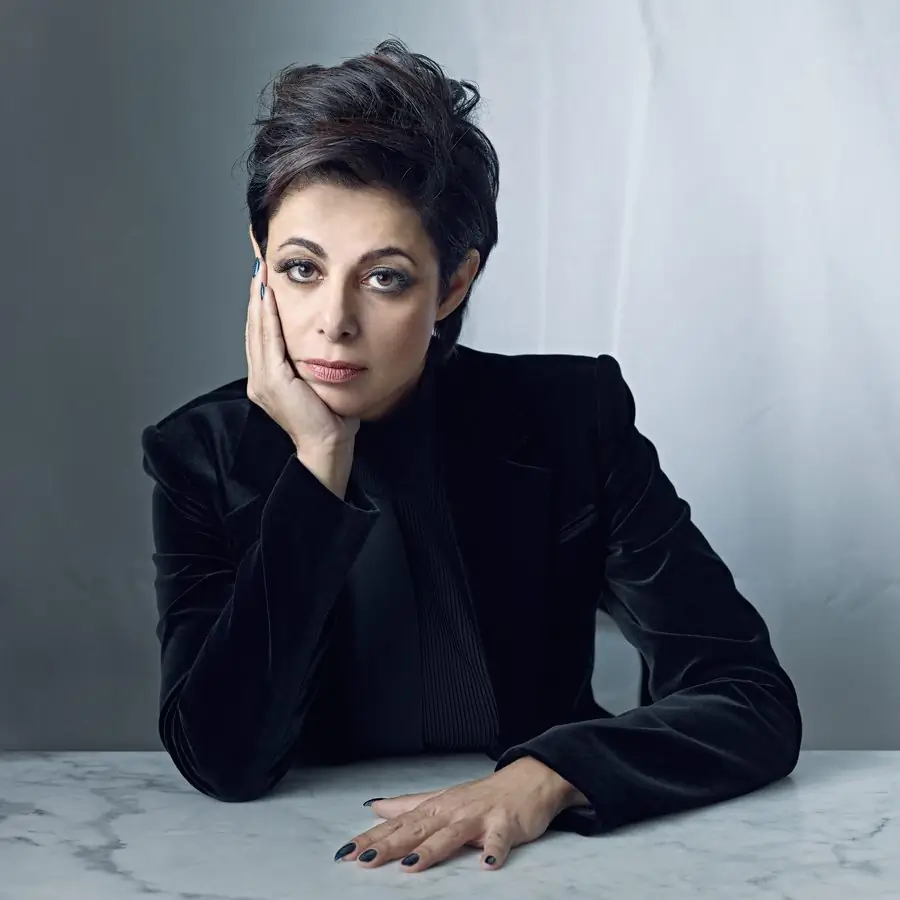
Jennifer Stewart: How do we break that facade that, as women, if we want to be leaders we need to fit inside this perfect little box and dress a certain way and not offend anyone? We haven’t made great strides.
Marie Henein: Across the world, most of the leadership is in the hands of males. I really believe that visibility of women in all areas is important: seeing a female sportscaster, or coaching a sports team, or female doctors, lawyers, judges, politicians, artists is important because you want a desensitization of that being unusual or noteworthy. Once we get there, the expectations start to fall away.
Jennifer Stewart: What do you want to be remembered for, both professionally and personally?
Marie Henein: I hope I’m remembered for having contributed to the public’s understanding of the justice system. I hope I’m remembered for being able to give both sides of things that are troubling. And I hope I’m remembered by women as a person that did it, so they say, “I can, too.”
Catherine Clark: If you wanted to offer one piece of advice to women of any age, what would you say?
Marie Henein: It is essential to be comfortable in your skin and to be good with who you are, your skills, and your personality. And to have that self-confidence. I think it allows you to break down doors and to do things that you otherwise would be resistant to doing and experience things in your life that you would otherwise be afraid to do. That fearlessness that comes from self-confidence and knowing who you are is probably the most important thing that I would say to women of any age.

